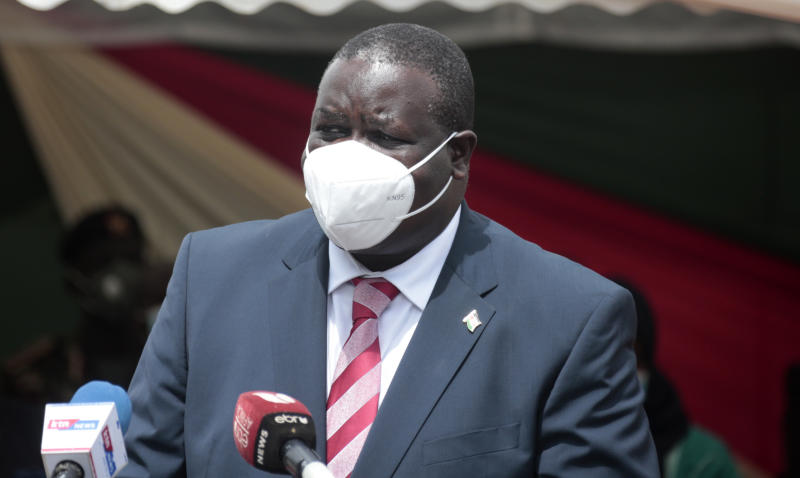×
The Standard e-Paper
Smart Minds Choose Us

Extra facilities in public primary institutions will be converted into junior secondary sections, the Ministry of Education has announced.
Principal Secretary for Implementation of Curriculum Reforms Fatuma Chege said in cases where secondary schools are not near the primary institutions, day schooling will be adopted to utilise the extra classrooms.